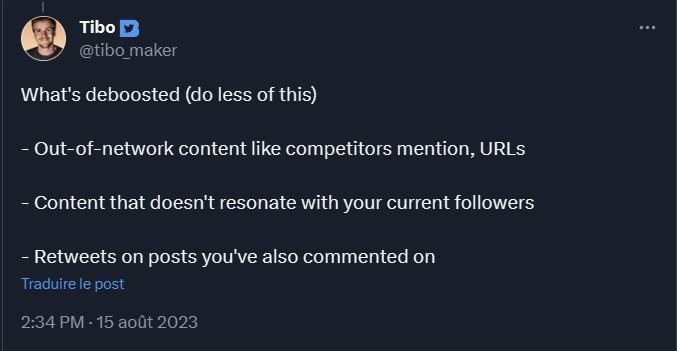The Washington Post discovered that links posted on X.com to certain sites or services were intentionally slowed down.
This is disconcerting news, but not really surprising. THE washington post reveals that X.com (Twitter) has modified its operation to slow down links to certain external sites. The links in question appear to be those leading to sites and services that Elon Musk does not like.
An artificial delay of 5 seconds
According to the washington post, the platform’s redirection engine, t.co, voluntarily adds a 5-second delay when the link points to certain sites or services. At least competitors like Facebook, Instagram, Bluesky and Substack would be affected. That’s not all, links to certain reputable media such as Reuters or the New York Times would also be affected by this slowdown.
Each of these sites has at one time or another been mocked and attacked by Elon Musk. The billionaire has become very close to the groups from alt-right American for several months and feeds a distrust vis-à-vis the media, in particular those who point the finger at the wanderings of the billionaire with the law.
Since the publication of the Washington Post investigation, some slowdowns have reportedly been disabled by reducing the delay to zero seconds. The media also discovered that Fox News, YouTube and Mastodon were not affected by these measures.
Substack’s reaction has the merit of clarity regarding X.com’s changes that seem dictated by Elon Musk’s mood swings.
Substack was created in direct response to this type of behavior from social media companies. Writers cannot build sustainable businesses if their connection to their audiences depends on unreliable platforms that have proven themselves willing to make hostile changes to the people who use them.
In April, Elon Musk panicked at the launch of Substack Notes, a competing service to Twitter. The billionaire then completely blocked the links to Substack from his platform. We can also mention the passage of Mastodon in the list of “potentially dangerous” sites whose links from Twitter then displayed a warning message.
Suspicious changes in the algorithm
On the sidelines of the Washington Post revelations, the X.com algorithm has been thoroughly reworked. It is the latter that controls the priority of publications (tweets) to be displayed in the “for you” tab or more generally on the platform.

According to @tibo_maker who was able to read and analyze the changes made to the algorithm, mentioning competitors of X.com will have the effect of reducing the visibility of the publication. Similarly, links to sites external to X.com, therefore links to other platforms or other media, will also have the effect of reducing visibility. Measures in direct contradiction with the very principles of the web.
Want to join a community of enthusiasts? Our Discord welcomes you, it’s a place of mutual aid and passion around tech.
